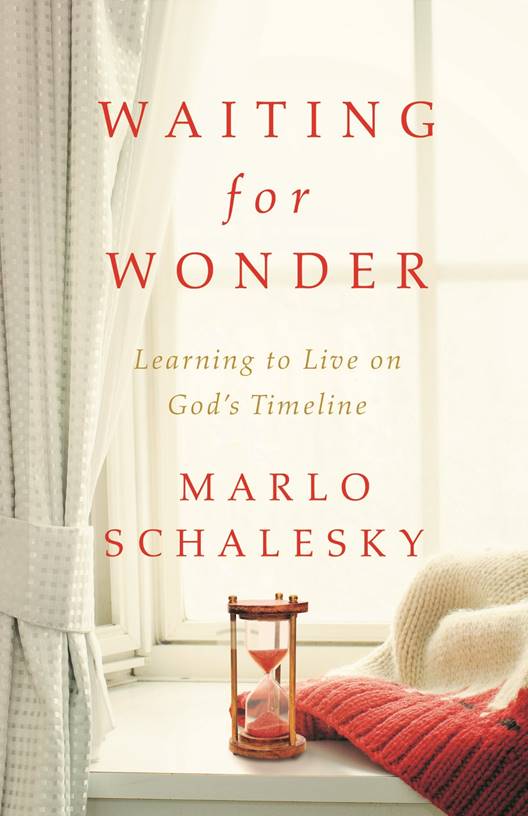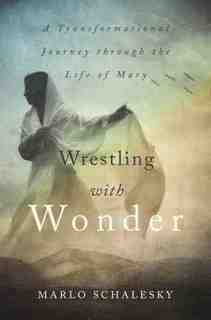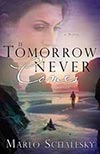Hi Friends,
This week I've been thinking about the consequences of having the things of the world wrapped too tightly around my heart. When life doesn't meed my expectations, when I face loss, when I'm afraid . . . I wonder if that's God telling me that He wants to set me free.
And as I pondered, I was reminded of this story:
A breeze drifted through the open window and settled into the nooks of my living room. Outside, twilight deepened into a velvet night. The soft symphony of crickets mixed with the far-off rumble of a delivery truck and the gentle rustle of oak leaves in the wind.
I sighed and settled back into my chair. The kids lay snuggled in bed, the dishes were dried and put away, the laundry folded, the toys picked up. There was nothing left to do except relax with my tall glass of lemonade and listen to the quiet sounds of the night.
Until.
A high-pitched shriek tore through the crickets’ symphony, steamrolled the rumble of trucks, and blasted across the rustle of leaves.
It didn’t stop.
I jumped out of my chair and raced upstairs to my daughter’s room. The screams grew louder. I flicked on the light.
There sat Bria, yelling at the top of her voice, her covers thrown aside, her hands clutching one foot.
“What’s wrong?” I hollered to be heard over the ruckus.
“Aaaaaahhhh.”
“Is it a bug?”
“Aaaaaahhhh!”
“What is it?”
She pulled in a rattling breath. “My toe!”
I rushed over to the bed and grabbed her foot. Her big toe was bright purple, with a skinny, elastic hairband wrapped tightly around it. I slipped a fingernail under the band, snapped it in half, and pulled it off. The screams settled into deep sobs.
I threw hairband away then sat on Bria’s bed with her foot in my lap. “What happened?”
She sniffed and rubbed at her nose. “P-put it around my toe.” She drew a shuddering breath. “Went to sleep. Then, then, then –“
“Then woke up with it feeling like it was going to burst, right?”
She nodded and sucked in another quavering sob.
I rubbed her toe gently with my fingers. “That’s why I tell you that you shouldn’t ever wrap things around your skin like that. By morning your toe could have fallen right off.”
Her eyes grew wide. “Really?”
The hairband cut off the blood supply that keeps your toe alive.” I kept massaging the purple-turning-back-to-red appendage.
“Is it going to be all right? It still hurts.”
“It’ll throb for a while, but it will be fine. Now don’t ever do that again.”
Her lips trembled. “I won’t.”
I smiled and hugged her. “It’s a good thing it hurt so bad.”
“I don’t like to hurt.”
“No, but it woke you up and let you know that something was wrong. If it hadn’t hurt, you wouldn’t have known that you were cutting off the blood supply.”
“I guess hurting isn’t so bad then, huh?”
I laughed. “I guess not, even though it doesn’t feel that way.”
As I tucked Bria back into bed, I thought about how pain isn’t pleasant, but it’s often a good warning. For Bria, and for us, it can be a wake-up call telling us that something’s not right, something is wound too tightly around us, cutting off the life-flow from God. In that case, pain is gift.
Jesus says, “Do not store up for yourselves treasures on earth, where moths and vermin destroy, and where thieves break in and steal. But store up for yourselves treasures in heaven, where moths and vermin do not destroy, and where thieves do not break in and steal.” (Matthew 6:18-20, NIV)
When we allow our hearts to be bound by earthly things – jobs, relationships, money, possessions, positions, titles – those things, though not bad, will squeeze the life from us if we let them twist around and take God’s place in our lives. Then, worry, fear of loss, or the inevitable disappointment when our earthly treasures don’t bring the contentment and joy we believed they would bring end up choking us and causing pain.
They make us hurt, and the only remedy is to allow God to pull the hairband from around our toes – to loosen the grip of the thing that’s wound itself around us. Sometimes that means loss. Sometimes it means breaking a hairband and throwing it away. Always it means we have to keep crying out to God until He sets us free from whatever has bound us.
So if a shriek of pain interrupts the quiet of your life, call out to God to break whatever hairband has wrapped itself around your heart. Ask Him to help you store up treasures in heaven, where the blood supply is never cut off by bits of elastic stretched too tight.
























